Indonesia signals it could abandon science-based taxonomy for coal power plants
By Putra Adhiguna and Christina NgLast week, Indonesian financial regulators indicated they were considering a place for new coal-fired power plants in the country’s green taxonomy. This appears to be going beyond their plan to recognize, under the green label, targeted coal power plants scheduled for early retirement. The U-turn not only marks a backsliding of the official position displayed early last year but, if implemented, would also relegate Indonesia to the bottom of the pack of global green or sustainable finance taxonomies.
Indonesia’s green taxonomy, published in January 2022, was well-deservedly applauded by the Institute for Energy Economics and Financial Analysis for reserving its green label only for projects sourced from renewable energy. The taxonomy uses the traffic light system to define types of activities viewed from a sustainability lens: green for activities that “protect or improve the environment,” yellow for activities “not significantly harmful to the environment,” and red for activities “harmful to the environment.”
It is extremely concerning that now, new coal-powered generation could be seen as protecting or improving the environment. This simply goes against scientific evidence.
The issue is made all the more disturbing because of the professed rationale for colouring certain coal-fired power plants as green, specifically, those that will be developed “for the sake of energy transition.”
It sends out a bad signal to global sustainability-focused investors and administrations who are counting on the Indonesian government for policy certainty and the country’s seriousness in making the transition toward a clean energy future.
Growing risk of greenwashing
News broke on August 29 that Indonesia’s Financial Services Authority (OJK) would revisit the national green taxonomy to include newly built coal-powered generation as a green activity, as long as it was aimed at the energy transition, for example, if the plant supplied power to a smelter project.
OJK’s taxonomy now categorizes coal-fired power under yellow or red activities.
It is one of at least 10 green or sustainable finance taxonomies that have been published globally. None recognize coal power as green.
The European Union's (EU) taxonomy for sustainable activities excludes coal. Even markets such as China and Russia, where coal still has a heavy presence and new coal-fired power plants are in the pipeline, have kept coal and gas-powered generation out of their respective green taxonomies.
China’s first green taxonomy, published in 2015, categorized “clean coal” as a green project that qualified for green finance but drew widespread criticism, particularly from foreign investors.
To its credit, China recognized the significance of a truly green taxonomy and, in mid-2021, removed fossil fuel-related projects. Its current green taxonomy excludes gas, liquefied natural gas and coal-fired power activities.
Before last week’s announcement, Indonesia was already considering labelling coal power plants scheduled for early retirement as green, to align with version 2.0 of the Association of Southeast Asian Nations Taxonomy for Sustainable Finance. If the country goes ahead with the latest idea, of using the aim of energy transition to justify new plants’ eligibility for green finance, its taxonomy would be the first to recognize coal as green. Not only would national credibility be hurt, but the move might also border on state-sanctioned greenwashing.
A blow to foreign investor confidence
Taxonomies have been in the limelight, and usually not for good reason.
A huge controversy erupted last year when the EU labelled gas power plants as sustainable. Gas was touted as less dirty than coal and a necessary interim fuel while the bloc ramped up renewable energy capacity.
International investor reaction was swift and negative. Financial firms with more than €50 trillion in assets under management criticized the European Commission for weakening the EU taxonomy to accommodate the interests of some member states and the gas industry.
OJK should realize that it does not need to call coal-fired power plants “green” in order to obtain financing. Withholding the green label does not deprive them of conventional capital funding. Instead, recognizing such plants as sustainable sends misleading signals to investors wanting assurance on the alignment of their assets and obliges them to do more due diligence on each opportunity, raising transaction costs. This risks Indonesia losing high-quality foreign direct investment and rendering the taxonomy ineffective.
The authority’s plan also leaves the reputation of domestic financial players vulnerable if they blindly support investments in coal-fired power plants on the sole basis of the green label in the taxonomy. Their commitment to decarbonization becomes questionable, and their global relevance risks diminishing.
Muddying waters in the name of energy transition is the wrong call
OJK appears to believe that it is acceptable to call projects green if they are critical to the economy. However, the authority is making the mistake of confusing a transition need with providing certainty and clarity to investors that its taxonomy is backed by science.
International investors view labelling fossil fuels as “green” investments as unjustified, even if these projects play a role during the transition. Indonesia can surely deal with its energy transition without jeopardizing the credibility of its capital market.

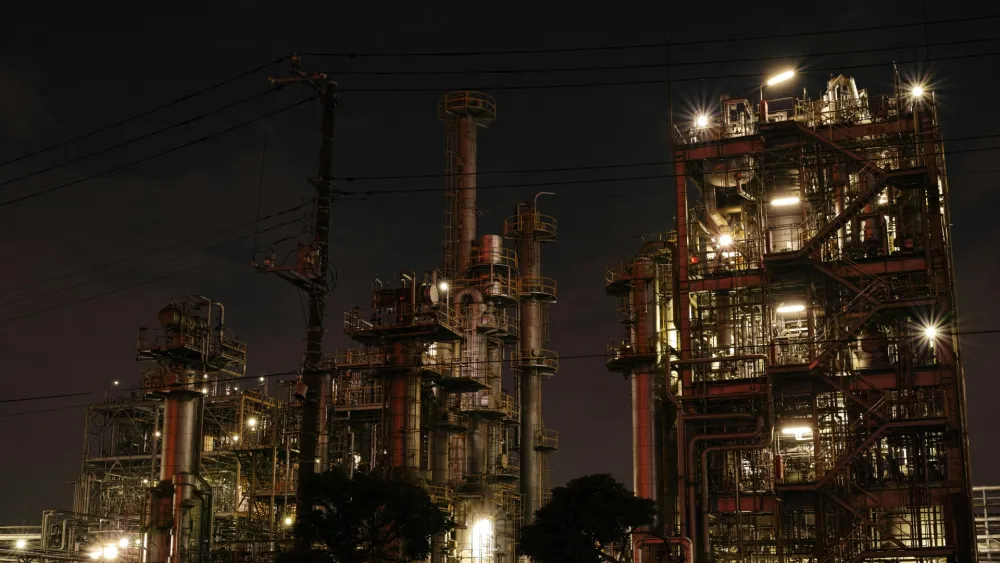
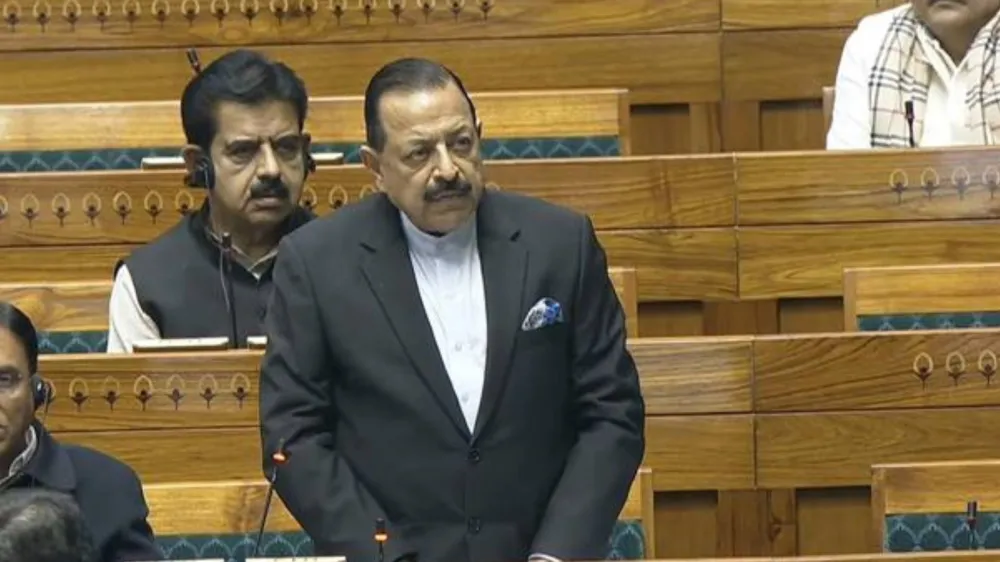
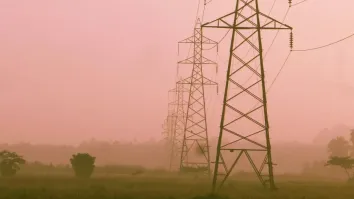
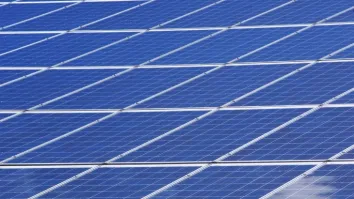
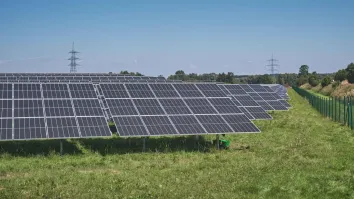
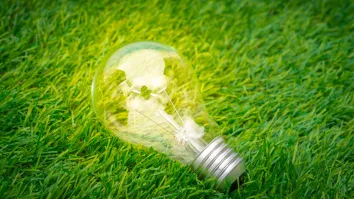













 Advertise
Advertise





